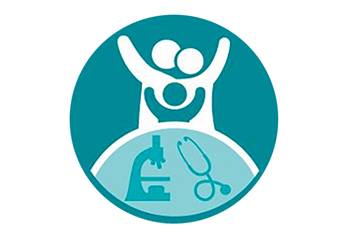
Adolescent Health Clinical Research
Clinical researchers at Nationwide Children's and The Ohio State University are committed to identifying new approaches for the prevention, diagnosis and treatment of childhood diseases, taking research discoveries from the lab to the patient's bedside.
Adolescent Health Clinical Studies
Studies Now Enrolling Participants
Help Researchers Understand Driving Behaviors in Teens Using a Smartphone App
The purpose of this study is to find out if a phone app can help the learning-to-drive process among teenager and beginner drivers.
Young Women’s Health: Help Researchers Learn More
Help researchers learn more about young women's health.
Understanding Genes and Inherited Risks of Anorexia and Bulimia Nervosa
Help researchers learn more about the genes and inherited risks of anorexia and bulimia nervosa.



